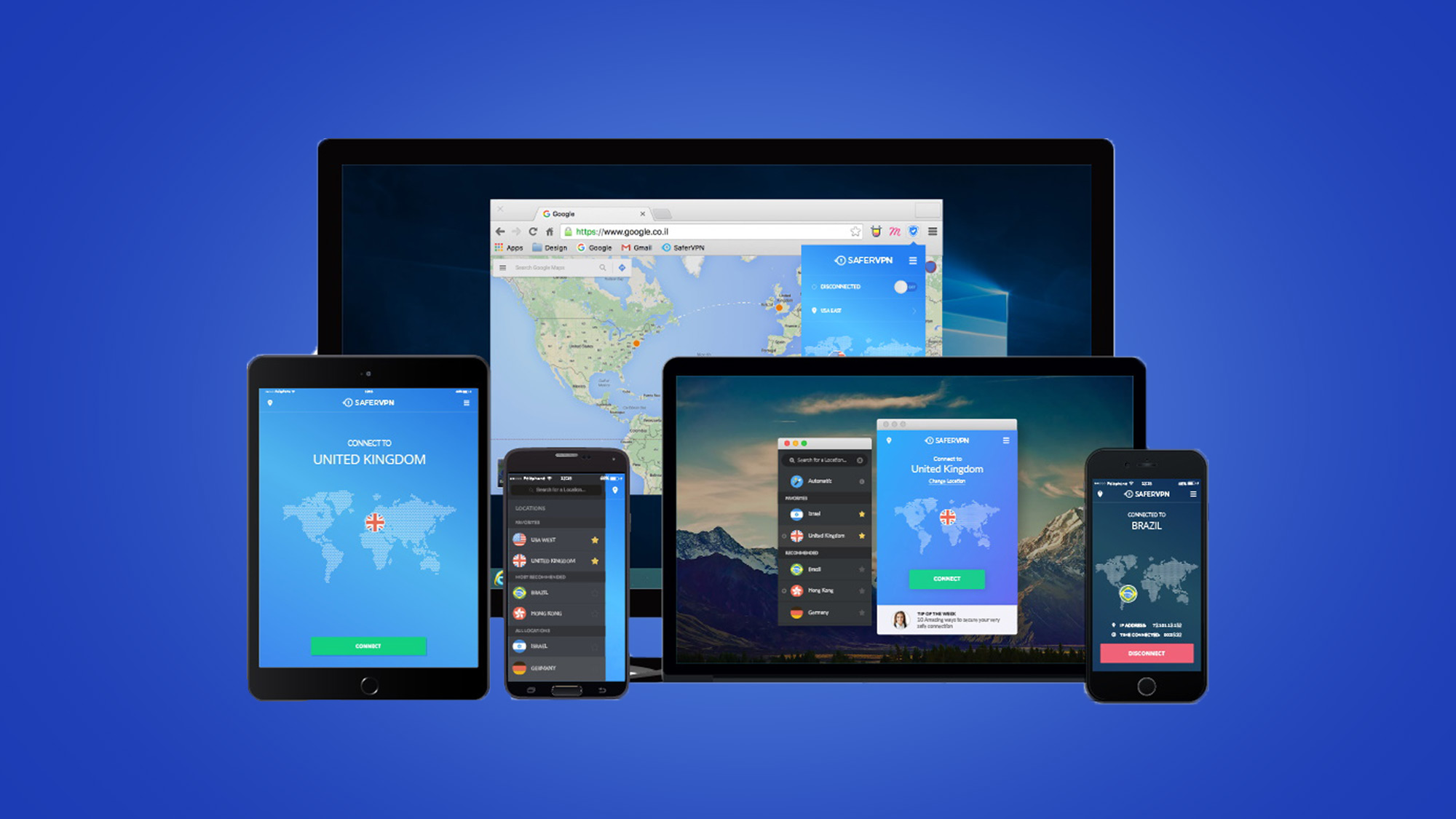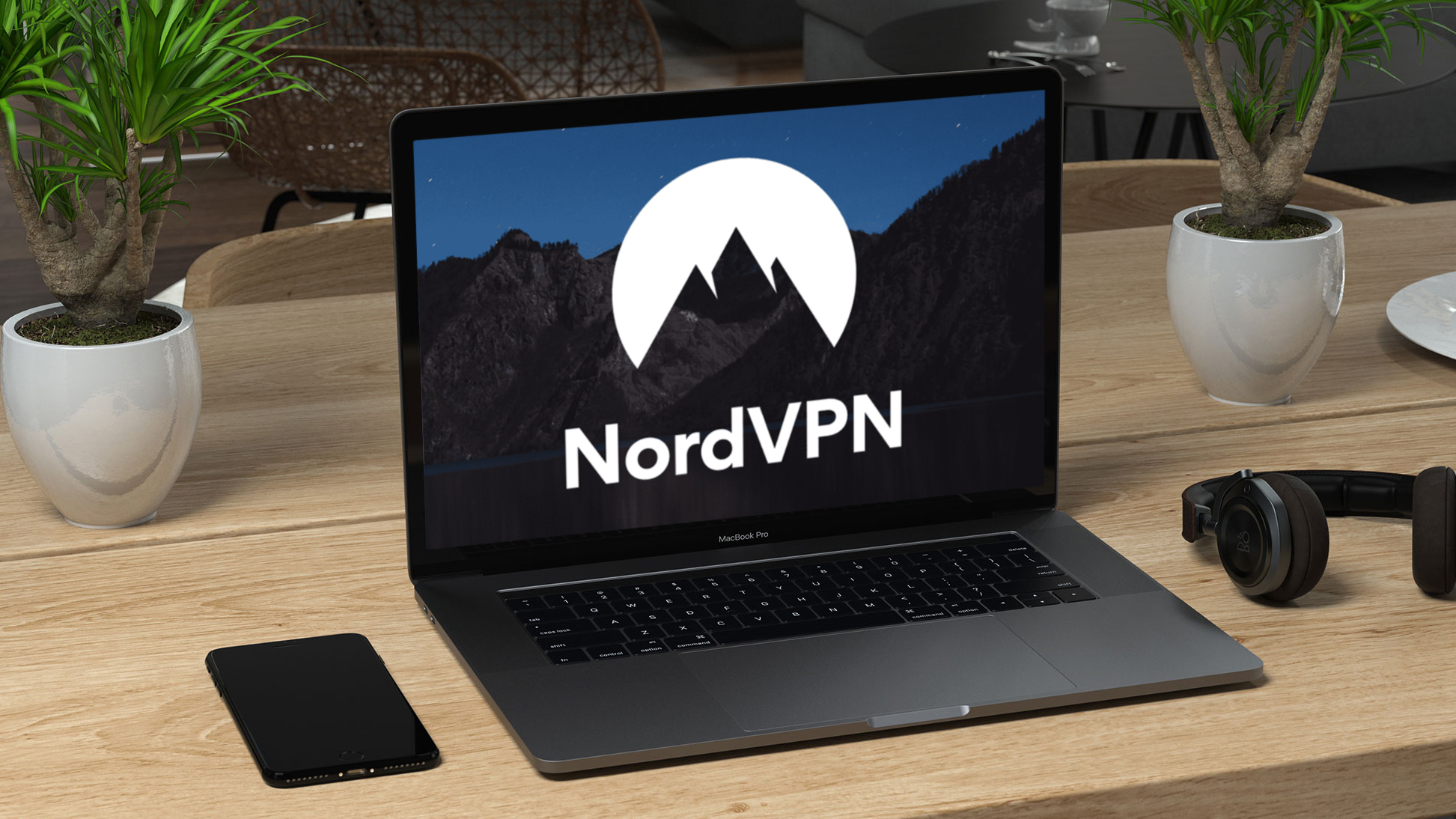Open source VPN clients vs VPN provider apps: which is better?
All your questions answered

Power users love open source software for its transparency and flexibility – but what about open source VPN software? Are there any open source VPN clients that can stand up to being compared with the more popular VPN apps from premium providers like ExpressVPN, VyprVPN, IPVanish or NordVPN?
The short answer is... not really. But the long answer depends a lot on your level of technical know-how, patience, and where you’re willing to place your trust.
What are some open source VPN clients?
The most popular open source VPN clients are:
- OpenVPN Connect for Windows
- OpenVPN Connect for Android
- Tunnelblick for Mac
- OpenVPN Connect for iOS
- OpenVPN Network Manager plugin for Ubuntu Linux (sudo apt-get install network-manager-openvpn)
- Built-in OpenVPN clients on DD-WRT and Tomato firmware for routers
These VPN clients are built on the OpenVPN protocol, which is itself open source, has been audited several times, and is generally considered to be the most secure VPN protocol available. Even most closed source VPN clients tend to use OpenVPN as the default VPN protocol.
Keep in mind, however, that these apps only provide the VPN client software. Unless you’re willing to go down the manual setup rabbit hole (see below), you’ll still need to sign up for service from a VPN provider to get connected.

What are the advantages of open source VPN clients?
Like all open source software, these VPN clients have their source code on display for all to see, inspect, and audit. If they contained any major vulnerabilities or security backdoors, we probably would have heard about them by now.
This transparency is a major advantage over proprietary VPN apps. If you can’t inspect a VPN app’s source code, how can you be 100% sure it is protecting your privacy? You obviously need to be able to interpret the code, and loopholes that are deliberately placed might not be obvious.
So in theory, you can’t be 100% sure about protecting your privacy with a proprietary app. But practically speaking, if you don’t trust your VPN provider to protect your privacy in its app, you shouldn’t be sending your traffic to its servers at all. Always research a VPN provider’s reputation before signing up.
If you absolutely refuse to trust any VPN provider, it is possible to set up your own virtual private server (VPS) through a cloud service provider like Amazon.
Be forewarned, however, that the process is far longer and more involved than entering a few IP addresses into your VPN client’s settings. If you’re not comfortable using the command line or possibly spending several hours troubleshooting, this option probably isn’t for you.
While we’re talking about drawbacks, other than the time factor, also consider the possibility that you are more likely to make mistakes that will ruin your attempts to be anonymous online.

What about VPN provider apps?
Ease of use is probably the biggest advantage of using the app made by your VPN provider. Paid VPN providers not only have greater resources to streamline their software and give you the best user experience possible, these companies have also likely designed their apps to work seamlessly with their particular VPN service. You’ll save tons of time not fooling around with manual configurations or entering server IP addresses.
VPN apps from major providers also tend to have more privacy-enhancing features than open source VPN clients, including:
- Leak protection (DNS, WebRTC, IPv6, and others)
- Kill switches (to cut off your internet connection if your VPN disconnects)
- VPN protocol switching (OpenVPN, L2TP, PPTP, and more) and server location switching
Finally, if your VPN app is made by the same people that manage the network of servers you connect to, you can be pretty sure that important changes in the network will be quickly reflected in the app.
For instance, if a server location in Los Angeles is no longer working, it will be removed from the app. If the provider adds a server cluster in Buenos Aires, you will see it as a new option in the app. With an open source client, you have to manually load new configuration files from the provider – and sure, you can do that, but it will take you far longer.
Open source vs VPN app: which is better?
Open source VPN clients like OpenVPN GUI and Viscosity get the job done, but at the cost of a more lengthy setup process, and the possibility of more time consumed in the form of manual upgrades in the future. That’s why we recommend sticking with your VPN provider’s app.
If, however, your VPN provider doesn’t make an app for your particular device, or you’d prefer to set up your own VPN server in the cloud, it’s good to know that dependable open source VPN clients will always be available as a backup. Need help choosing a VPN app from a provider you can trust? Check out our roundup of the best VPN services.
Sign up to the TechRadar Pro newsletter to get all the top news, opinion, features and guidance your business needs to succeed!

Désiré has been musing and writing about technology during a career spanning four decades. He dabbled in website builders and web hosting when DHTML and frames were in vogue and started narrating about the impact of technology on society just before the start of the Y2K hysteria at the turn of the last millennium.